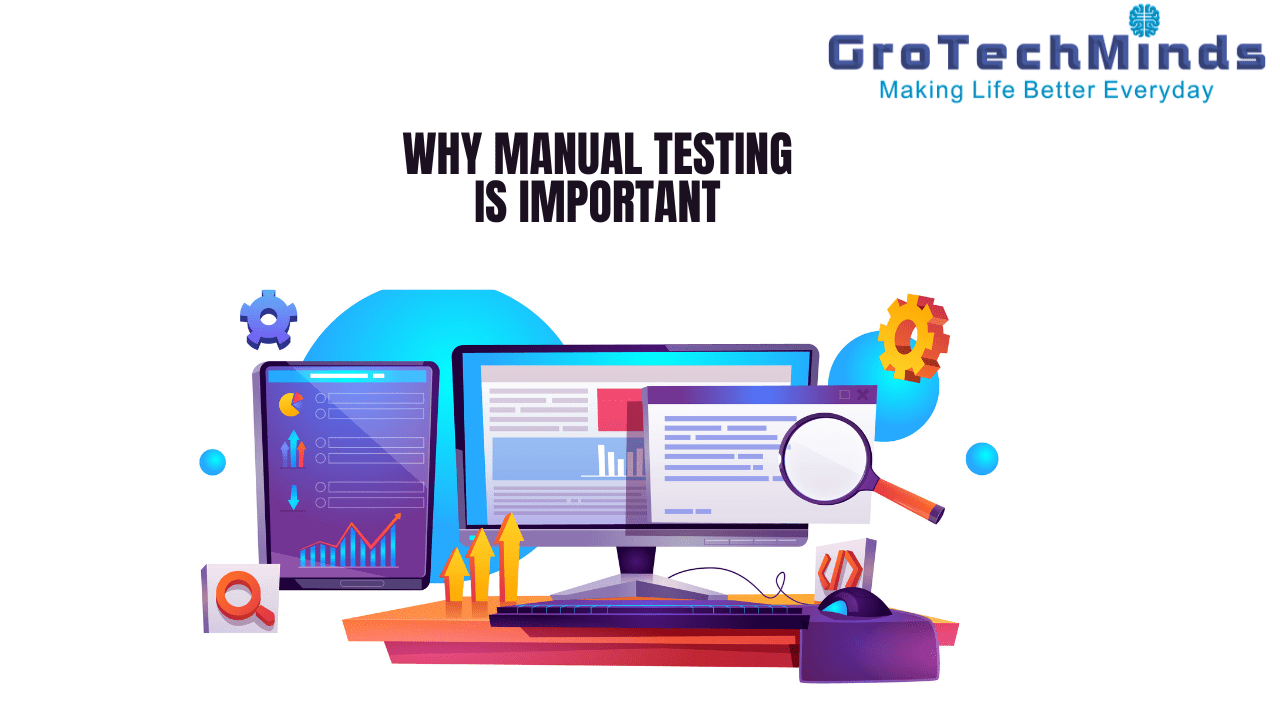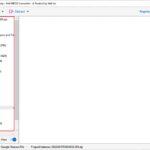In the ever-evolving landscape of software development, the debate between manual testing and automation testing continues to be a pertinent topic. While automation testing with tools like Selenium has gained widespread popularity, the importance of manual testing in software testing cannot be overstated. In this comprehensive exploration, we delve into the reasons behind the enduring relevance of manual testing and how mastering this skill can significantly enhance your capabilities as a tester.
The Foundations of Manual Testing
Understanding Manual Testing in Software Testing
Before we plunge into the depths of why manual testing is crucial, it’s essential to establish a clear understanding of what manual testing entails. Manual testing involves human testers carefully executing test cases without the use of automation tools. This meticulous process allows testers to assess various aspects of the software, such as functionality, usability, and overall user experience.
Learning Manual Testing in Software Testing
As the software industry continues to evolve, there is a growing demand for skilled manual testers who can complement automated testing processes. Learning manual testing in software testing is not merely about understanding the basic principles; it’s about acquiring a keen eye for detail, a deep understanding of the software under test, and the ability to simulate real-world user interactions.
Why Manual Testing Matters
Comprehensive Test Coverage
One of the primary reasons manual testing remains indispensable is its ability to provide comprehensive test coverage. While automation excels in repetitive and predictable scenarios, manual testing is adept at identifying subtle nuances and unexpected issues that may elude automated scripts. Human intuition plays a pivotal role in exploring the corners of the software that automation might overlook.
User Experience Evaluation
Software is not just about functionality; it’s about delivering a seamless and enjoyable user experience. Manual testing allows testers to step into the shoes of end-users, evaluating the software from a usability perspective. This human-centric approach is invaluable in identifying UI/UX issues, ensuring the software aligns with user expectations, and enhancing overall satisfaction.
Adaptability to Dynamic Environments
In the dynamic world of software development, changes are inevitable. Manual testing shines in scenarios where frequent changes, updates, or quick iterations occur. Testers can easily adapt test cases to accommodate modifications, making manual testing a flexible and agile approach in environments characterized by rapid development cycles.
Exploratory Testing for Uncharted Territory
While automated tests follow predetermined scripts, manual testing introduces the crucial element of exploratory testing. Testers can venture into uncharted territory, probing the software for unforeseen issues and potential improvements. This adaptive and intuitive testing method is particularly effective in identifying issues that emerge in real-world usage scenarios.
Learning Manual Testing: A Valuable Skill
Building a Strong Foundation with GroTechMinds
To truly harness the power of manual testing, enrolling in a comprehensive course is essential. At GroTechMinds, our “Learn Manual Testing in Software Testing” course is meticulously crafted to equip aspiring testers with the skills and knowledge needed to excel in manual testing. From understanding testing fundamentals to mastering advanced techniques, our course covers the entire spectrum of manual testing.
Hands-On Experience and Real-World Scenarios
What sets GroTechMinds apart is our emphasis on hands-on experience and exposure to real-world testing scenarios. Our course goes beyond theoretical concepts, providing practical insights into the challenges faced by manual testers. With a focus on building practical skills, participants gain the confidence to tackle diverse testing scenarios in their professional careers.
Industry-Recognized Certification
Upon completion of the course, participants receive an industry-recognized certification in manual testing. This certification not only validates their skills but also enhances their employability in an industry that values a well-rounded testing approach.
Conclusion: Embracing the Power of Manual Testing
In conclusion, while automation testing tools like Selenium play a pivotal role in ensuring efficiency and repeatability, the importance of manual testing in software testing cannot be ignored. Learning manual testing is not just about mastering a technique; it’s about cultivating a mindset that appreciates the nuances of software quality assurance. At GroTechMinds, we invite you to embark on a journey of discovery, equipping yourself with the skills that will set you apart as a proficient and versatile software tester. Join our “Learn Manual Testing in Software Testing” course and unlock the true potential of manual testing in today’s dynamic software development landscape.



